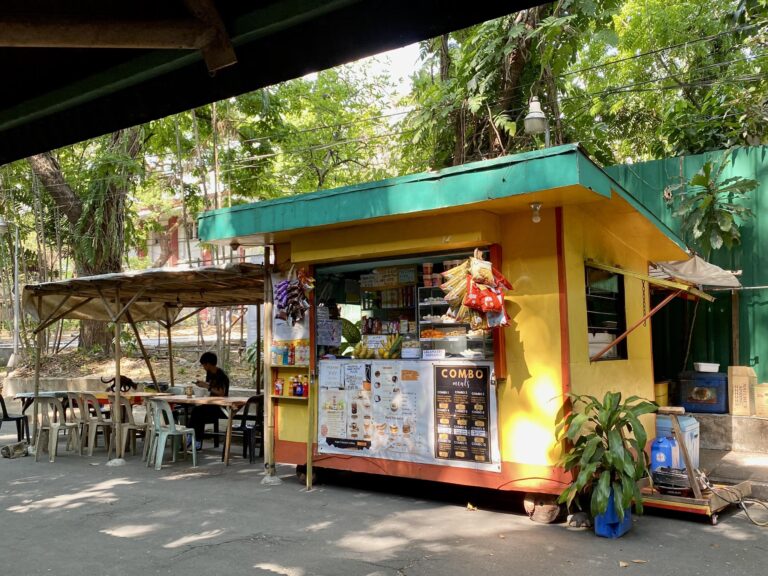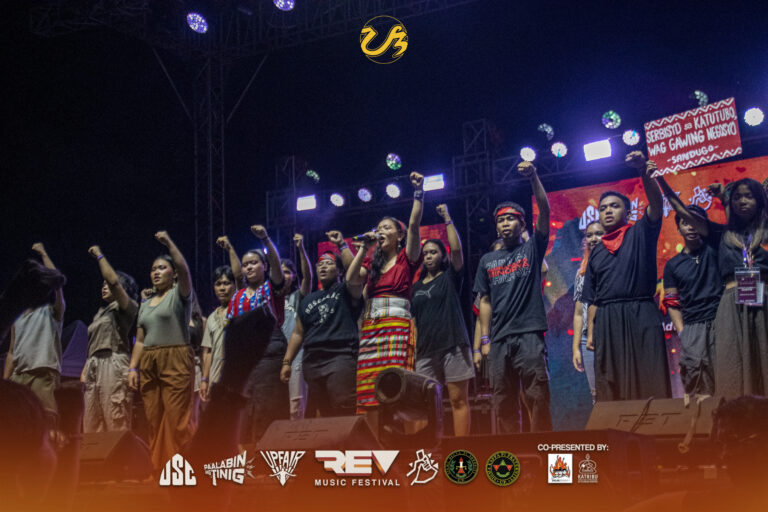
Senators Grace Poe and Juan Miguel Zubiri separately refiled the Subscriber Identity Module (SIM) Card Registration Act, or Senate Bill No. 2395, which former president Rodrigo Duterte earlier vetoed due to a provision requiring social media accounts to have real names and phone numbers upon creation and other security concerns.
Sen. Poe included the said social media provision in her refiled senate bill while Sen. Zubiri left out the provision.
With a vote of 21-0-0, the senate earlier passed the SIM Card Registration Act on December 16, 2021, with the aim of “curbing the proliferation of trolls online.”
An anti-crime measure
The bill would require people to register their personal information upon the purchase and use of SIM cards. With the social media provision, people would also be required to register their true names and registered SIM cards in their social media accounts.
Supposed “trolls” and those who use “fictitious identities” to register their SIM cards would face up to 12 years of imprisonment or a fine of up to P200,000 or both penalties
However, said “trolls” have been reported to have contributed largely to the ‘electoral fraudulent’ win of Marcos, Jr. He previously admitted in a Youtube video that he heavily relied on propaganda in favor of his family’s tarnished name. This includes distortion of facts and narratives in relation to his dictator father’s Martial Rule
Sen. Franklin Drilon, a supporter and one of the authors of the bill, said that the bill aims to “deter the proliferation of SIM card, internet or electronic communication-aided crimes, such as but not limited to terrorism; text scams; unsolicited, indecent or obscene messages; bank fraud; libel; anonymous online defamation; trolling; hate speech, the spread of digital disinformation or fake news.”
Concerning the social media provision, he added, “This new provision will prevent anyone from making anonymous accounts online. We have to cure trolls that are spreading as fast as the virus that we are battling today.”
State surveillance issues
However, critics and media experts note that the law may also serve as a license to curtail the anonymity of those who just want to protect their identity supported by their right to privacy.
This includes transgender and gender nonconforming (TGNC) individuals who use their lived names on their social media accounts, violating their sense of identity.
The bill would mandate SIM card users to provide their personal information to service providers. Computer experts raise ethical questions on privacy and the threat of possible state surveillance on dissent, with private firms and the government having unnecessary access to an individual’s confidential information.
Various science and technology groups slammed the said proposal because it can be used in state surveillance, in sync with the vague and unconstitutional Anti-Terrorism Act of 2022.
On February 23, 2022, the Congress ratified the bill and sent it to the Palace for approval. However, former President Duterte vetoed the bill on April 15, 2022, citing concerns about free speech and data privacy.
Earlier, numerous groups have also called out the Malacañang to veto the bill, citing inefficiency in crime prevention, as seen in other countries that had similar laws, and likely state surveillance, leading to the weakened right to privacy and freedom of speech.
READ: http://bitly.ws/sEDo
Old proposal, new administration
With the current refiling of the bill, which still has to be ratified again by the 19th Congress, Marcos Jr. now has the prerogative to pass or veto the proposed law.
Although having a new administration, similar concerns regarding the law are raised.
Despite sounding good on paper with the bill’s supposed primary aims to eradicate online trolls and message spam, critics reiterate that the bill may be weaponized against dissenters, and be used as justification surveillance and profiling. In the long run, the bill only threatens the right to privacy and freedom of speech.
With the possible passing of the SIM Card Registration Bill compounded by the Anti-Terrorism Law, state-endorsed red-tagging, and the return to power of the Marcoses, whose dead patriarch ruled as a dictator, the fear of state terrorism and suppression further intensifies.
Featured image courtesy of INQUIRER.net







